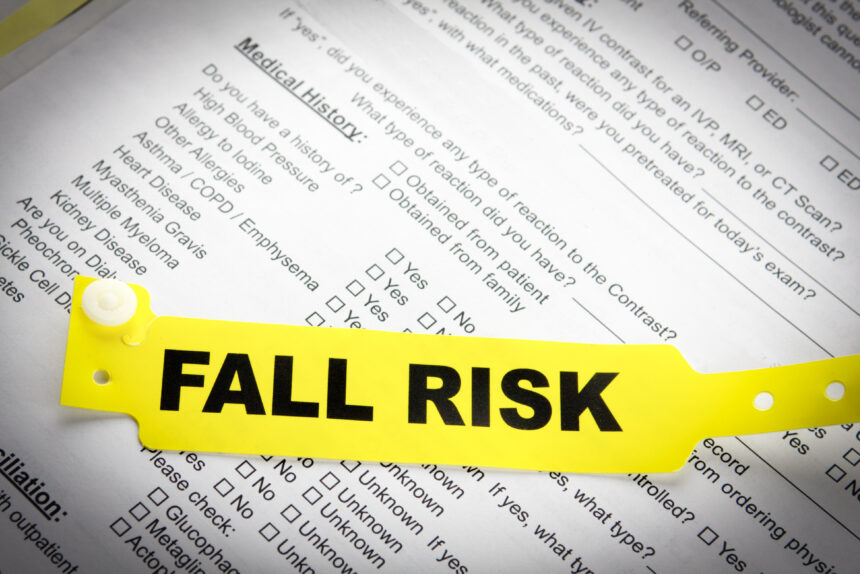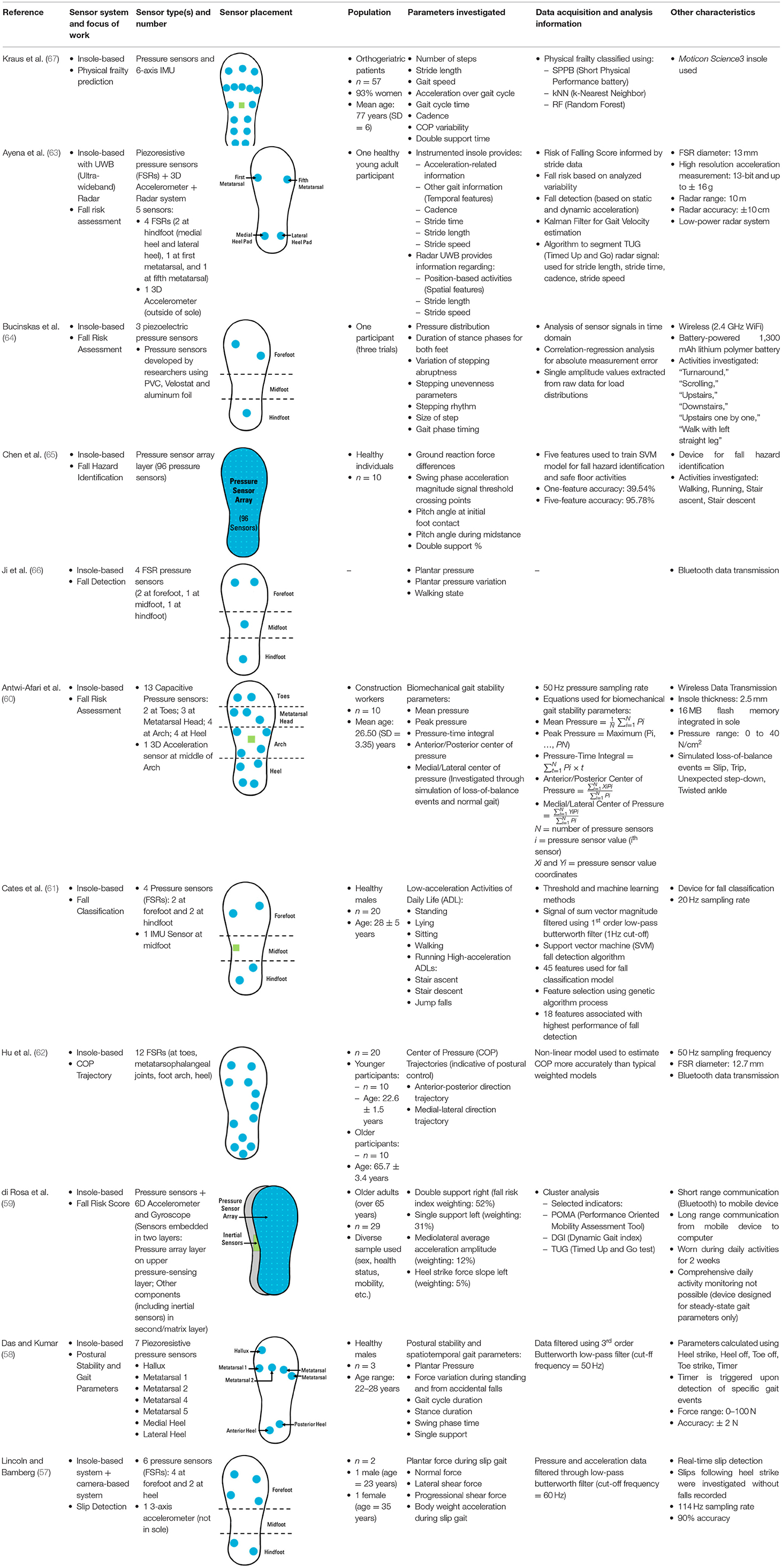Not known Facts About Dementia Fall Risk
Table of ContentsThe Best Strategy To Use For Dementia Fall RiskThe 25-Second Trick For Dementia Fall RiskFacts About Dementia Fall Risk UncoveredLittle Known Questions About Dementia Fall Risk.The Of Dementia Fall Risk
You may be anxious because you've had a loss before or since you've noticed you're beginning to really feel unsteady on your feet. You could have noticed changes to your wellness, or simply feel like you're slowing down a little. Whatever the factor, it isn't unusual to end up being cautious and lose self-confidence, and this can quit you doing the things you used to do and make you feel much more isolated.If you've had a loss or you have actually begun to really feel unstable, tell your medical professional also if you feel great or else. Your medical professional can examine your equilibrium and the way you stroll to see if enhancements can be made. They may have the ability to refer you for a falls threat assessment or to the falls avoidance service.
This info can be acquired through meetings with the individual, their caretakers, and an evaluation of their clinical documents. Begin by asking the individual regarding their background of drops, including the frequency and situations of any current drops. Dementia Fall Risk. Ask about any mobility troubles they may experience, such as unsteady or trouble strolling
Conduct a detailed testimonial of the person's medicines, paying specific interest to those understood to boost the risk of drops, such as sedatives or drugs that reduced high blood pressure. Figure out if they are taking numerous drugs or if there have actually been current modifications in their medication regimen. Examine the person's home setting for possible hazards that might enhance the danger of drops, such as inadequate lights, loosened carpets, or lack of grab bars in the shower room.
Top Guidelines Of Dementia Fall Risk
Guide the individual with the autumn risk assessment form, describing each question and recording their reactions precisely. Guarantee that the private recognizes the objective of the analysis and really feels comfy offering straightforward responses. Compute the total threat rating based on the reactions offered in the analysis kind. Determine the individual's risk group (reduced, medium, or high) based on the complete rating and the presence of automated high-risk standing factors.
This strategy might include workout programs to enhance strength and equilibrium, medication modifications, home adjustments, and referrals to various other professionals as required. Frequently navigate here keep track of the person's development and reassess their risk of drops as required. Customize the treatment strategy based on adjustments in their health condition or home setting. Offer recurring education and learning and assistance to promote safety and security and reduce the risk of falls in their everyday living tasks.
Several studies have actually shown that physical therapy can help to decrease the danger of dropping in grownups ages 65 and older. In a brand-new research study (that looked at drops danger in females ages 80 and older), researchers determined the economic influence of choosing physical treatment to stop drops, and they discovered that doing so saves $2,144, including all the surprise expenses of your time, pain, missed out on life events, and the bucks spent content for services.
Not known Facts About Dementia Fall Risk
Analyzing your equilibrium, toughness, and strolling capacity. A home security assessment. Based on the analysis results, your physical specialist will create a plan that is customized to your certain requirements.
Older adults that have trouble strolling and speaking at the exact same time go to a Read Full Report greater danger of dropping. Dementia Fall Risk. To help boost your safety throughout daily tasks, your physical therapist might make a training program that will certainly test you to maintain standing and strolling while you do one more job. Instances consist of strolling or standing while counting backwards, having a discussion, or lugging a bag of groceries
Establish goals for raising their physical task. Work out more to enhance their stamina and balance. These programs frequently are led by volunteer trainers.
Fascination About Dementia Fall Risk

Measles, or rubeola, is a very transmittable, intense viral contagious condition caused by the measles virus. Some people think about measles as simply a rash and fever that clears in a few days; nonetheless, measles can trigger severe wellness problems, especially in children younger than 5-years-old. The most effective protection versus measles is the measles, mumps, and rubella (MMR) injection.
Falls are a typical cause of injury among older grownups.
Little Known Facts About Dementia Fall Risk.

She has no history of falls, her stride is stable, and she voids with no issues. The previous nurse states that she calls for aid to the restroom when she requires to go.
Examples of usual loss interventions/measures include: Guaranteeing a client's important things are within reach. Past comprehending exactly how to use the Johns Hopkins Autumn Risk Evaluation Tool, it's important that centers include its usage into an extra detailed loss avoidance plan.